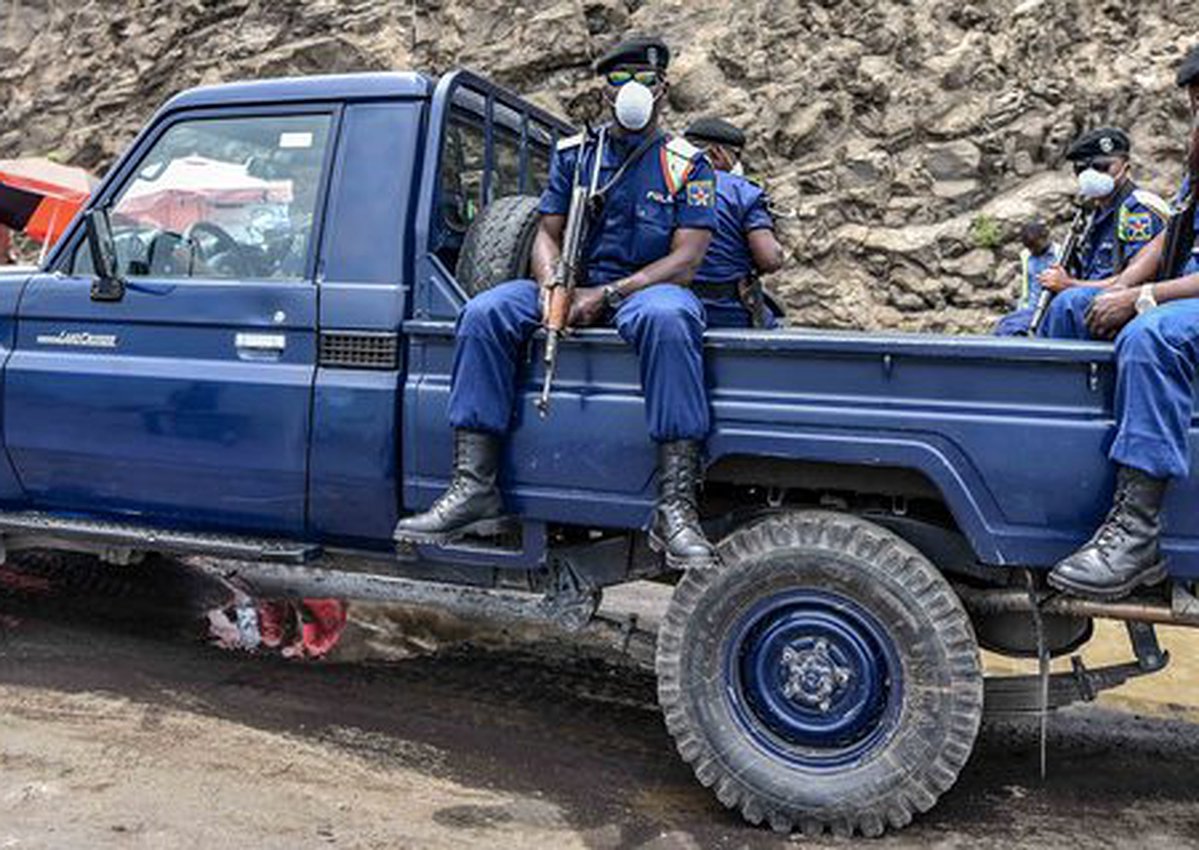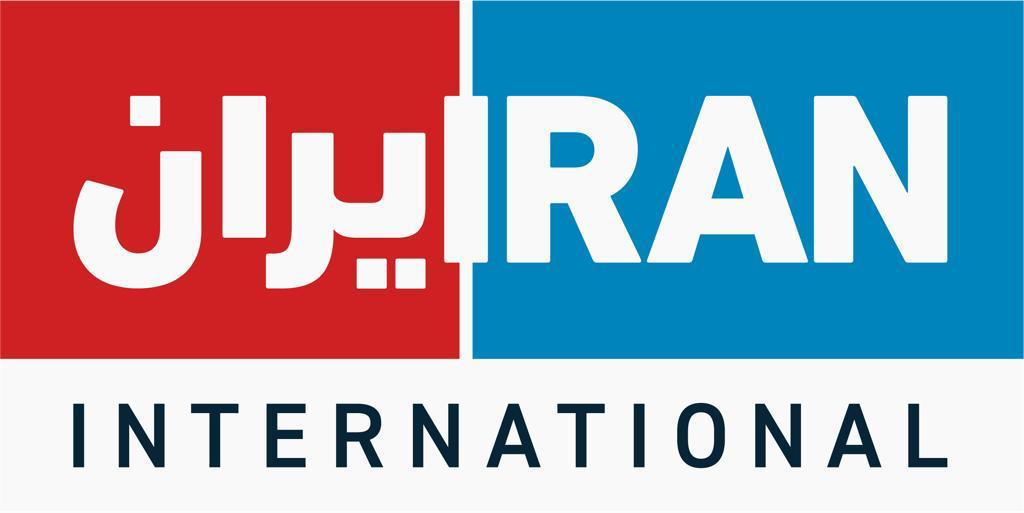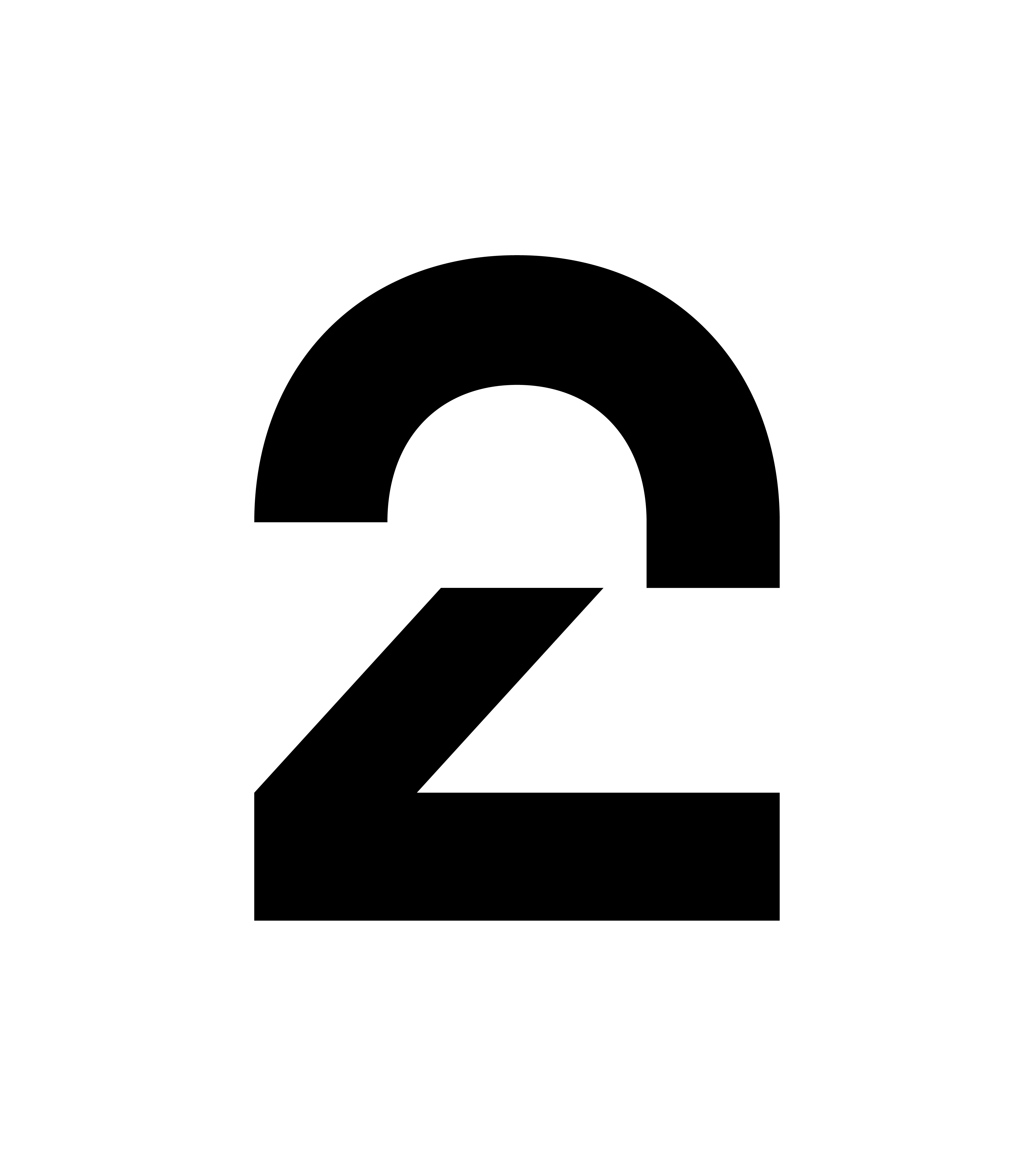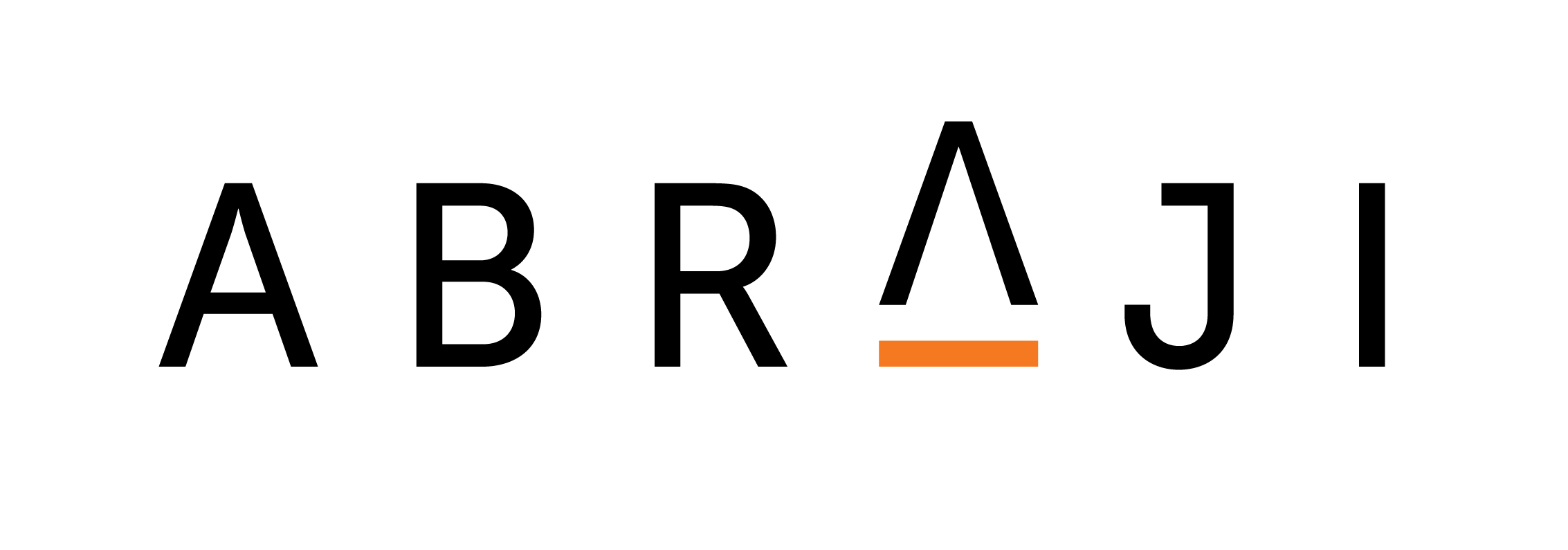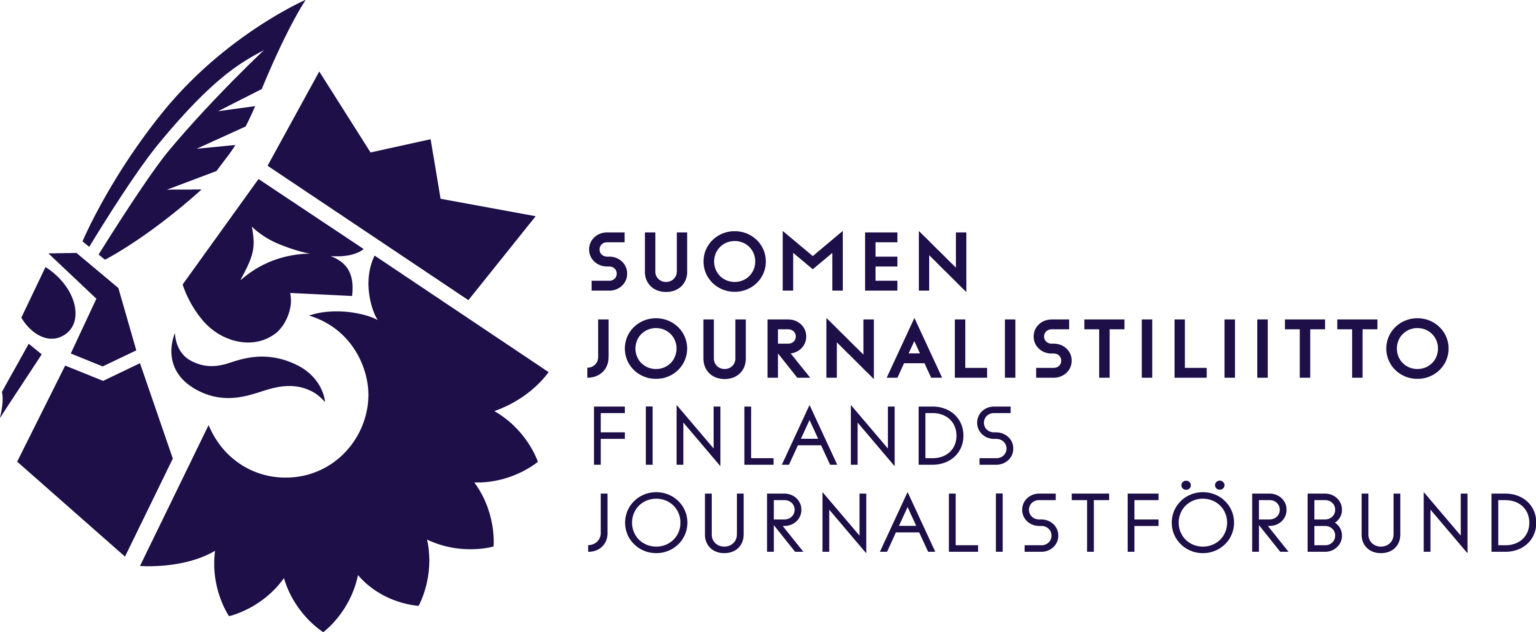The DRC has more experience than most when it comes to dealing with devastating epidemics. As the terrifying threat of Ebola fades away from the towns and villages in the east, coronavirus is starting to take hold across the country.
Freelancer Olivia Acland covered the Ebola crisis and is reporting on the coronavirus pandemic from the eastern city of Goma on the now-closed Rwandan border. She says people are increasingly suspicious of foreign reporters and are blaming outsiders for bringing in coronavirus.
"Poor Congo. As Ebola leaves, coronavirus arrives"
“Over the past few days I have been buzzing around Goma on my motorbike, taking photos of United Nations peacekeepers in face masks, hand washing stations and temperature checkpoints. I have been yelled at a lot. Some Congolese people are calling the virus ‘a white man’s disease’ and are angry with, and frightened of, Westerners.
“One woman sitting behind a pile of dried fish in a crowded marketplace saw me drive past on my motorbike. I was slowly weaving my way down a road clogged with traffic. She pointed at me and shrieked an angry barrage of Swahili, most of which I did not understand. Two words I did pick up though, were ‘muzungu’ (white person) and ‘corona’. Other similar comments have come from people passing me on motorbike taxis or pedestrians on the pavement. Sometimes they are jokey, sometimes they are not.
“During the Ebola epidemic there were more than 300 attacks on foreigners and Congolese working in the response teams. Some attacks were by people who thought that Ebola did not exist, that foreigners had invented it to make money out of them. A lot of people did not trust the authorities’ response and conspiracy theories circulated, one was that the government was hauling patients out of their houses and taking them to treatment centres to be killed.
“A year into the outbreak I went to Butembo, a city badly hit by the virus, to visit a clinic rebels had set fire to one night.
“At the door I was given a pair of white gumboots that had been washed in chlorine and some disposable plastic gloves. No other PPE was on offer to visitors. I did have my own protective gear, including an all-in-one suit, face mask and gloves. I left it behind and chose to wear what the staff at the clinic gave me. All the other visitors were doing the same and even the clinic staff working outside the patients’ tents were not in full PPE. It felt unnecessary to go about in full kit. Only the health workers who were interacting with patients used that.
“That was then. But Ebola is spread only through bodily fluids: someone’s blood, vomit, spit needs to enter your body. Coronavirus seems far more contagious and I would definitely wear full PPE if I were visiting a clinic where there were cases now.
“At the Ebola clinic, I spoke to a woman who was almost fully recovered and about to be discharged from a distance of 10 metres. She had been in the clinic when the rebels came to burn it down. Hooked up to a drip and too weak to move, she lay in bed and heard someone shout, ‘Where are the matches?’ An hour later the woman was rescued by a nurse who took her to a different clinic in an ambulance.
“As the light fell, 30 minutes into my visit, staff at the treatment centre urged me to leave. The clinic was a ‘red zone’, they said, and it would be risky to stay after dark. As I bumped down a mud road in my fixer’s car, I felt a stab of guilt. It was so easy for me to turn and go, but what about the health workers and patients? At the hotel, I showered in water that felt a bit too hot and washed with soap and disinfectant, before changing into clean clothes.
“I have a bad habit of biting my nails and touching my face a lot. I became acutely aware of this when I was covering Ebola. I started trying to be extremely conscious about keeping my hands away from my face. I will take this useful lesson with me as I cover the coronavirus outbreak.
“I also discovered how important good planning is when you are covering a disease. At the start of the epidemic, in August 2018, I was in a hurry to get to the epicentre in Beni. I had organised for a reliable fixer, Kudra, to meet me at the airport in a friend’s car. When he greeted me he tried to shake my hand, before gasping and offering me an elbow nudge. Reporting with Kudra was fine. We moved around in a car and washed our hands regularly.
“But there were a couple of interviews I had set up myself and I spent an afternoon reporting alone. I was rushing to meet a health worker at a hotel in town when I realised there were no taxis. Instead, I hailed a motorbike and was careful to sit back and not touch the driver. But as we arrived, he turned to ask if we were at the right place. As he spoke a small fleck of his spit landed on my lip. In a nearby restaurant bathroom I scrubbed my mouth with soap and water and wondered if he was looking at all unhealthy. Unlike the coronavirus, you can only catch Ebola from someone who is presenting symptoms. It can take up to 21 days for symptoms to appear and, for three weeks, I anxiously took my temperature at regular intervals. I had many moments of panic. I should have planned better. I should not have found myself rushing to an interview on a motorbike. I also learned to avoid public bathrooms for fear of contaminated loo seats, taps and even door handles.
“So, that’s another tip for covering coronavirus: as well as not touching your face, washing your hands often and well, and carefully planning and preparing for your reporting, please also go to the loo at home if at all possible.
“On the security side, because coronavirus is a global pandemic, people will be more likely to believe it actually exists. Congo is certainly volatile but communities will not feel targeted as they did during Ebola. They will see that the rest of the world is tackling the same disease. Luckily, in Congo there are already some preventative measures in place because of Ebola. For example, there are checkpoints with hand washing stations and temperature checks dotted around in the east and at all domestic airports.
“But coronavirus is spreading. There are cases in Kigali, cases in Kinshasa. I fear it is a matter of time before it gets here to Goma which is a big worry because social distancing is not easy when you are poor and live in cramped conditions. Another, more personal, concern is the anger against white people and the possibility of riots.
“Poor Congo. As Ebola leaves, coronavirus arrives. Already this year, tens of thousands of people have fled violence in the east to camps for displaced people or to friends and family in nearby villages. I worry that the disease could get into the overcrowded camps where it will wreak havoc.
“I plan to stay in Congo for now and report throughout the outbreak. If I have to do this while locked in my house, then I certainly will. Power cuts are getting even more frequent and some food will become scarce.
“I am actually more worried about passing the coronavirus on to others than what it might do to me if I were to catch it. It was the opposite with Ebola, which is far more deadly, but less contagious. I do worry a bit about my asthma though and the critical shortage of ventilators across Congo.
“Much of my fear, however, is around the uncertainty about how people will react if and when the disease hits the east. Will there be attacks on foreigners? Will people riot because of food shortages?
“Leaving the country is also becoming increasingly difficult. Congo has now grounded all flights, both domestic and international. Borders have closed. If it becomes dangerous to stay, I think I will try and get to Rwanda via the lake. In an emergency I hope that they would let me in.”
Olivia Acland is a Goma-based journalist who has freelanced in Africa for four years
Image by Olivia Acland


